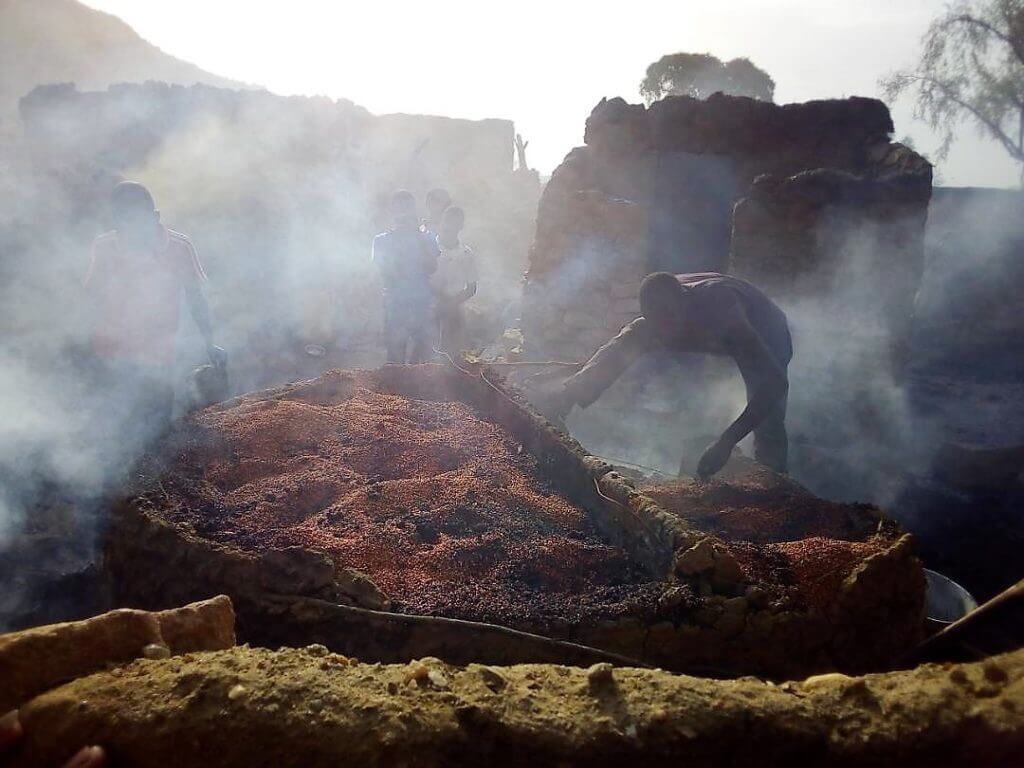In May 2021, news circulated in both local and international media about the death of Abubakar Shekau, leader of the terrorist group Boko Haram.
His death came after a confrontation with fighters of the Islamic State in West Africa Province (ISWAP), a splinter group.
Abu Musab al-Barnawi, the son of the founder of Boko Haram (Mohammed Yusuf), led a group of Boko Haram members to break away in 2016 and form ISWAP. This followed an ideological disagreement between Abu Musab al-Barnawi and Shekau.
Shekau believed that everyone not directly or indirectly working with the group, including unarmed civilians, whether Muslims or not, should be attacked. But Abu Musab al-Barnawi felt civilian Muslims should not be killed, and only the military, law enforcement, government symbols, and those directly opposing the sect should be attacked.
Since 2009, Boko Haram has killed over 35,000 people, displaced two million, and created what is now rated as one of the world’s worst humanitarian crises.
With the death of Shekau in 2021, many had hoped that the rate of terror-related killings would go down significantly or the insurgency would end, especially as members of the splitter group and Shekau’s faction continued to attack each other.
But that has not happened, as 5,067 people died in terror-related attacks nationwide in 2021 and 4,545 in 2022, according to the Council on Foreign Relations (CFR) and the National Security Tracker (NST).
The Global Terrorism Index report 2023 said, “Sub-Saharan Africa recorded the largest increase in terrorism deaths in 2022,” despite global terror deaths falling by 9%. Nearly half of those deaths were traced to Nigeria.
Why the numbers still swell
Notwithstanding Shkau’s deaths and ISWAP’s policy of not attacking soft targets, Boko Haram and ISWAP have been killing civilians, especially local farmers, in the country’s northeast region. They accuse the farmers of spying on them for the military and the local anti-jihadist vigilantes.
However, the sustained terror-related deaths were not attributed only to Boko Haram and ISWAP.
Contributing to the deaths were increased attacks on communities by bandits in Zamfara, Kaduna, Plateau, Katsina and other northern states; farmers-herders clashes in states like Enugu, Kaduna and Benue; and the activities of the Eastern Security Network, a weapons-carrying unit of the Indigenous People of Biafra, a group seeking the breakaway of the country’s southeast region from Nigeria.
There is a little bit of good news, however. While Shekau’s death had not stopped Boko Haram killings, the number of fatalities attributed to Boko Haram and ISWAP has reduced significantly.
The 2023 Global Terrorism Index report attributed 204 deaths in 64 attacks to Boko Haram, a deviation from previous years when the numbers were reading in their thousands.
Any hope ISWAP/Boko Haram clashes could stop killings?
Some months after Shekau died in 2021, Boko Haram members’ first response was to invade ISWAP’s camp for retaliation, killing 33. This marked the beginning of attacks and counter-attacks between the groups.
As of March 2023, ISWAP) reportedly killed 300 Boko Haram members in retaliation, while about 443 more and their families surrendered to Nigerian troops.
While some experts believe that Boko Haram and ISWAP members fighting themselves could lead to their fall, others think it does not change anything significantly.
“The clash between the two terror groups may not stop the insecurity situation of this country because those two terror groups are conflicting because of disagreement in their beliefs and thoughts, but it may not cease their revolt operations and killings,” said Aliyu Muhammadu, a security expert.
“The best solution to erase the issues is for the Nigerian forces to continue doing the work so those terrorists can repent.”






